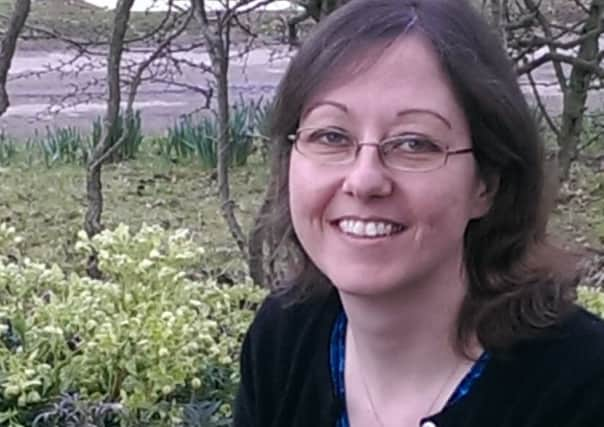Council cuts mean affluent rural communities '˜risk falling into deprivation'


The Government’s drive to curb public spending has left councils across the country with dramatically reduced funding, with the impact now being felt across affluent areas the countryside, according to the chief executive of York-based charity Rural Action Yorkshire, Leah Swain.
By the end of the decade, North Yorkshire County Council will have had to trim £167m from the £500m annual budget it had in 2010. Over the last five years it has cut its spending by £116m and the council has a plan to save another £37m – but that still leaves £14m in cuts to find by 2020.
Advertisement
Hide AdAdvertisement
Hide AdMeanwhile, East Riding of Yorkshire Council has cut spending by £118m in the last six years and must find at least another £60.5m in savings over the next four years.
Yet the future need not be bleak, Mrs Swain maintained, as with the right support from the voluntary sector and local authorities, the cuts can bring people together and make communities more resilient.
She said: “Reduced spending in the public sector is creating the possibility that communities will decline further, while prosperous communities may tip into deprivation or experience widening inequalities.
“Against this backdrop of austerity and cuts, good community development can bring positive benefits to a community. It can bring people together, help identify the community assets, prioritise issues to be tackled and find solutions. It can improve confidence and the capacity to act together to strengthen a community and increase interaction between residents.”
Advertisement
Hide AdAdvertisement
Hide AdShe said that by communities coming together in times of austerity, ways of tackling issues as loneliness, health and inequality can be developed.
“It can also create communities that are more resilient, friendlier and with more enriched members,” Mrs Swain added, pointing to how communities are already taking over the delivery of services or managing community assets, such as libraries.
Rural Action Yorkshire helps set up ‘Good Neighbours’ schemes to improve village life, with volunteers using a community mobile phone to give residents a single point of contact. Requests from residents range from arranging lifts to picking up prescriptions, or walking a dog for someone who is ill.
North Yorkshire County Council’s head of strategic services, Gary Fielding, said the authority’s investment in communities has changed due to the spending cuts. Through two separate programmes – Living Well and Stronger Communities – council staff work with community groups and individuals to identify specific needs, with funding targeted at ensuring people remain independent.
“We want to protect the most vulnerable in society, that’s where we put the priority,” Mr Fielding said.